John Glenn Orbits the Earth: A Giant Leap for American Space Exploration

On February 20th, 1962, American astronaut John Glenn became the first person to orbit the Earth aboard the Friendship 7 spacecraft. Glenn’s historic flight marked a significant milestone in space exploration and the ongoing quest to explore the cosmos. His mission was a critical achievement for NASA and the United States during the intense Space […]
A Bold Stand: The UN Condemns Apartheid
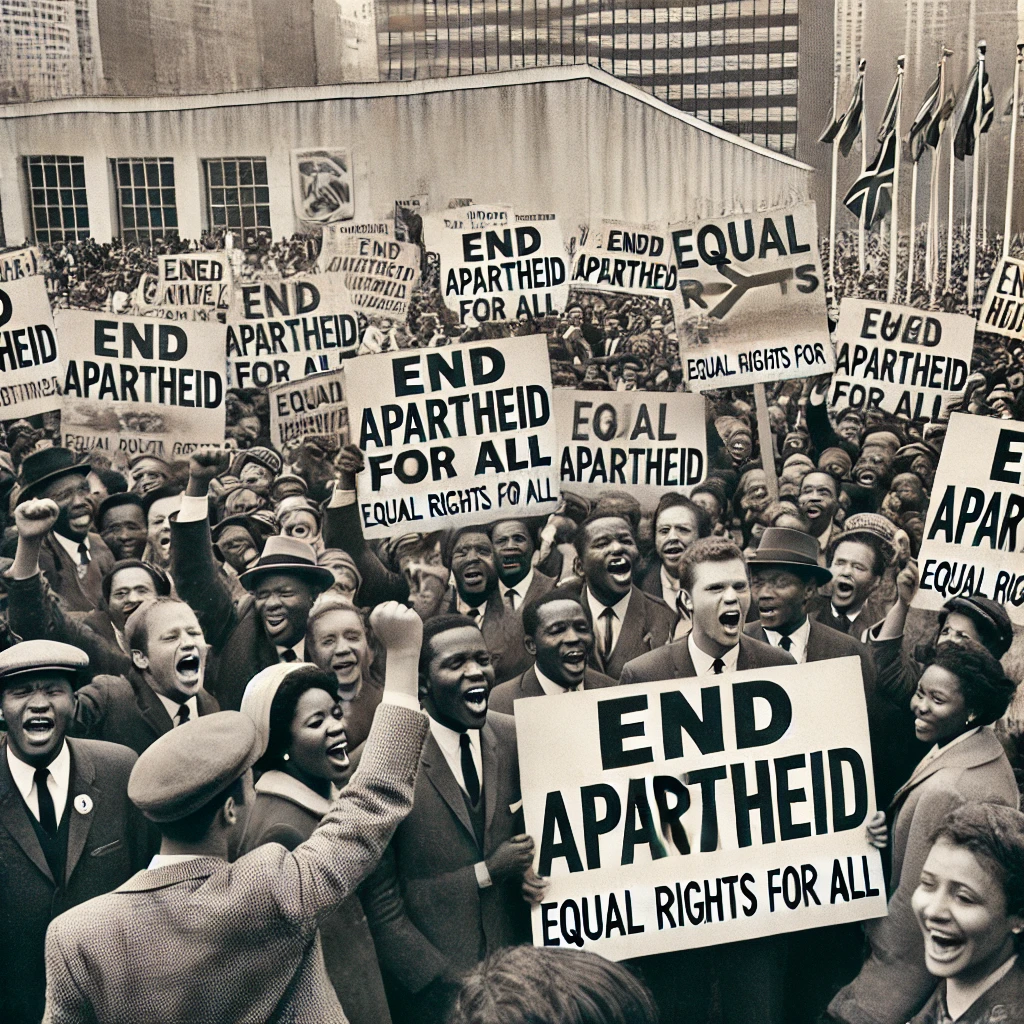
On November 6, 1962, the United Nations General Assembly adopted a resolution condemning apartheid in South Africa, marking a significant moment in the global struggle against racial discrimination. This condemnation not only highlighted the injustices faced by the black majority in South Africa but also showcased the international community’s growing commitment to human rights and […]
The Cuban Missile Crisis: A Defining Moment in Cold War Tensions
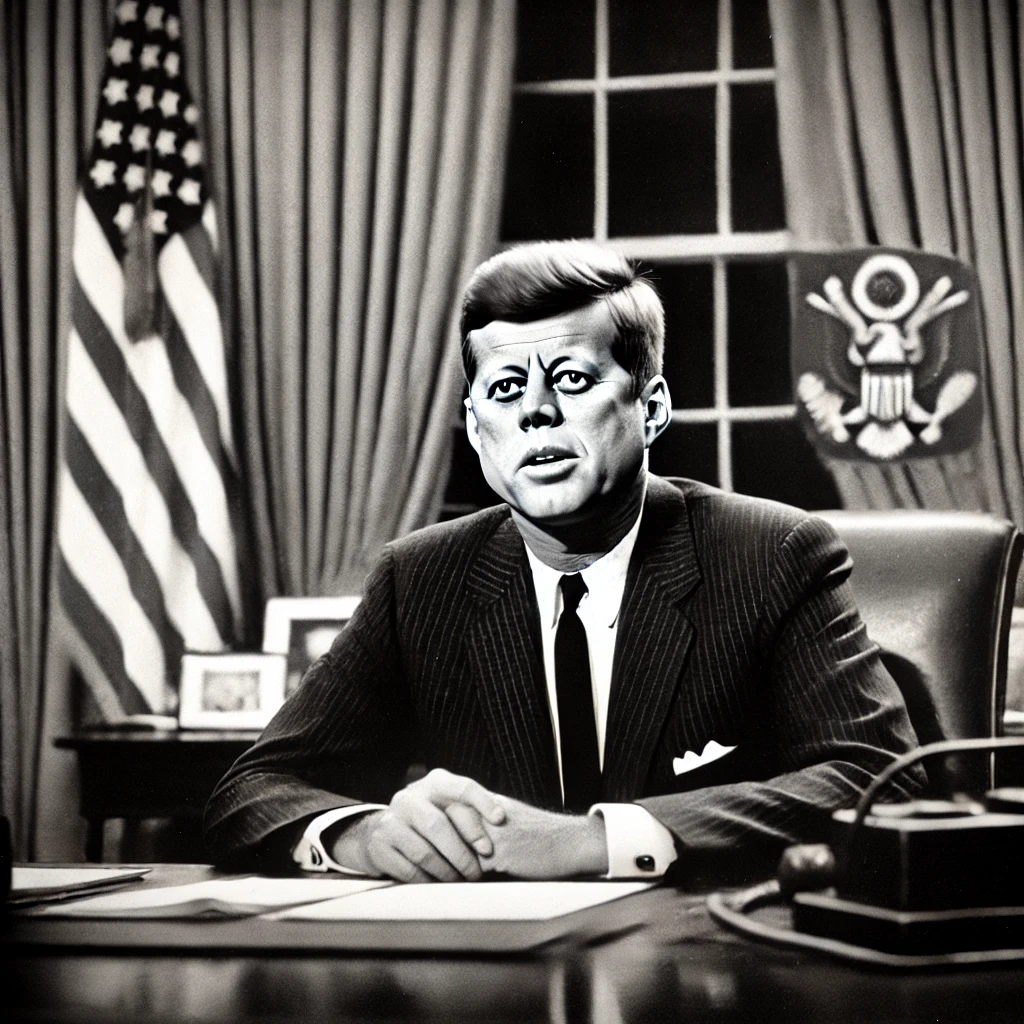
In October 1962, the world stood on the brink of nuclear war during one of the most intense confrontations of the Cold War: the Cuban Missile Crisis. This pivotal event unfolded over 13 tense days, beginning when U.S. reconnaissance flights discovered Soviet missile installations in Cuba, just 90 miles from the American coast. The crisis […]
The Dawn of Environmental Awareness: Rachel Carson’s Silent Spring

On September 27, 1962, Rachel Carson’s groundbreaking book Silent Spring was published, marking a pivotal moment in the modern environmental movement. This seminal work brought to light the dangers of pesticide use and the broader implications of human actions on the environment. Carson’s eloquent writing and rigorous scientific research not only ignited public awareness but […]
The Knockout Heard ‘Round the World: Sonny Liston Claims Heavyweight Title in 1962
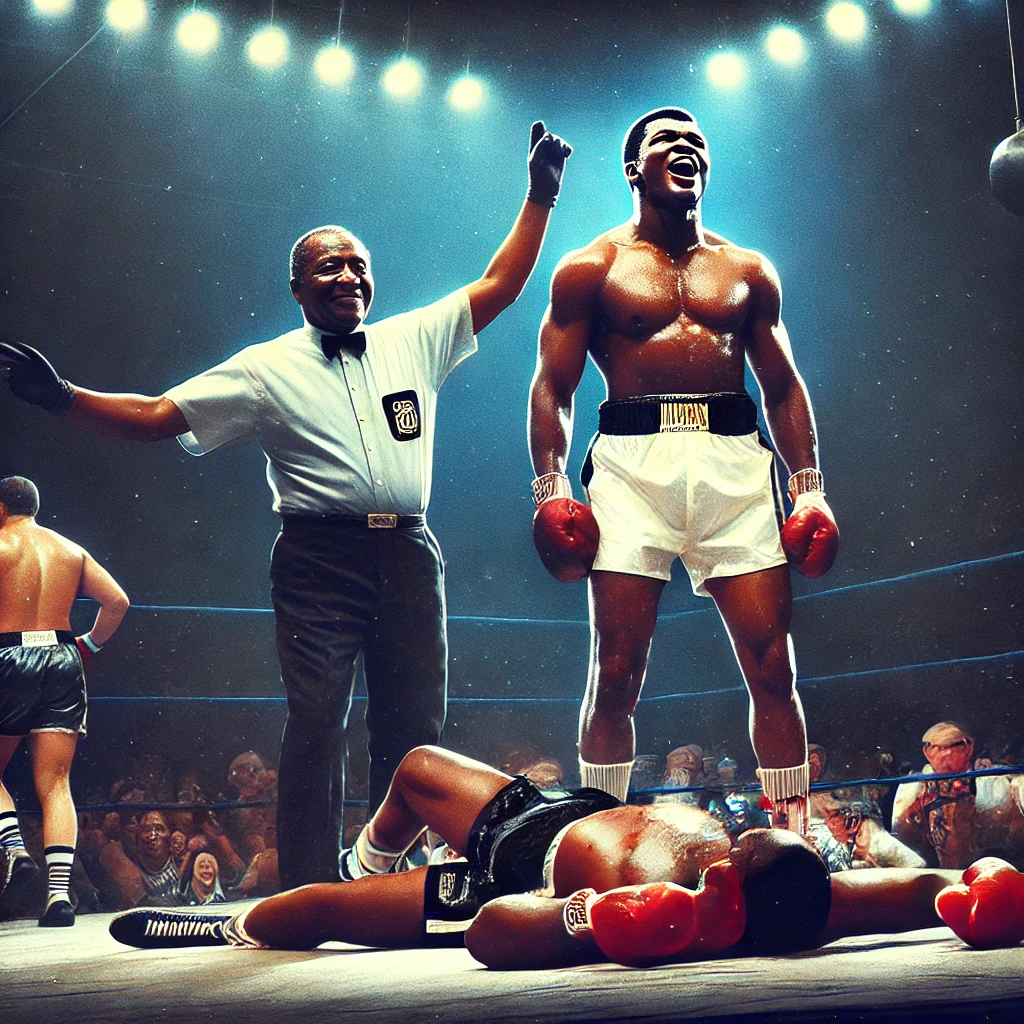
A New Era in Boxing On September 25, 1962, Sonny Liston delivered one of the most decisive victories in boxing history when he knocked out Floyd Patterson in the first round to claim the world heavyweight boxing championship. The fight, held in Chicago, lasted just 2 minutes and 6 seconds, leaving the reigning champion Patterson […]
Marilyn Monroe is Found Dead
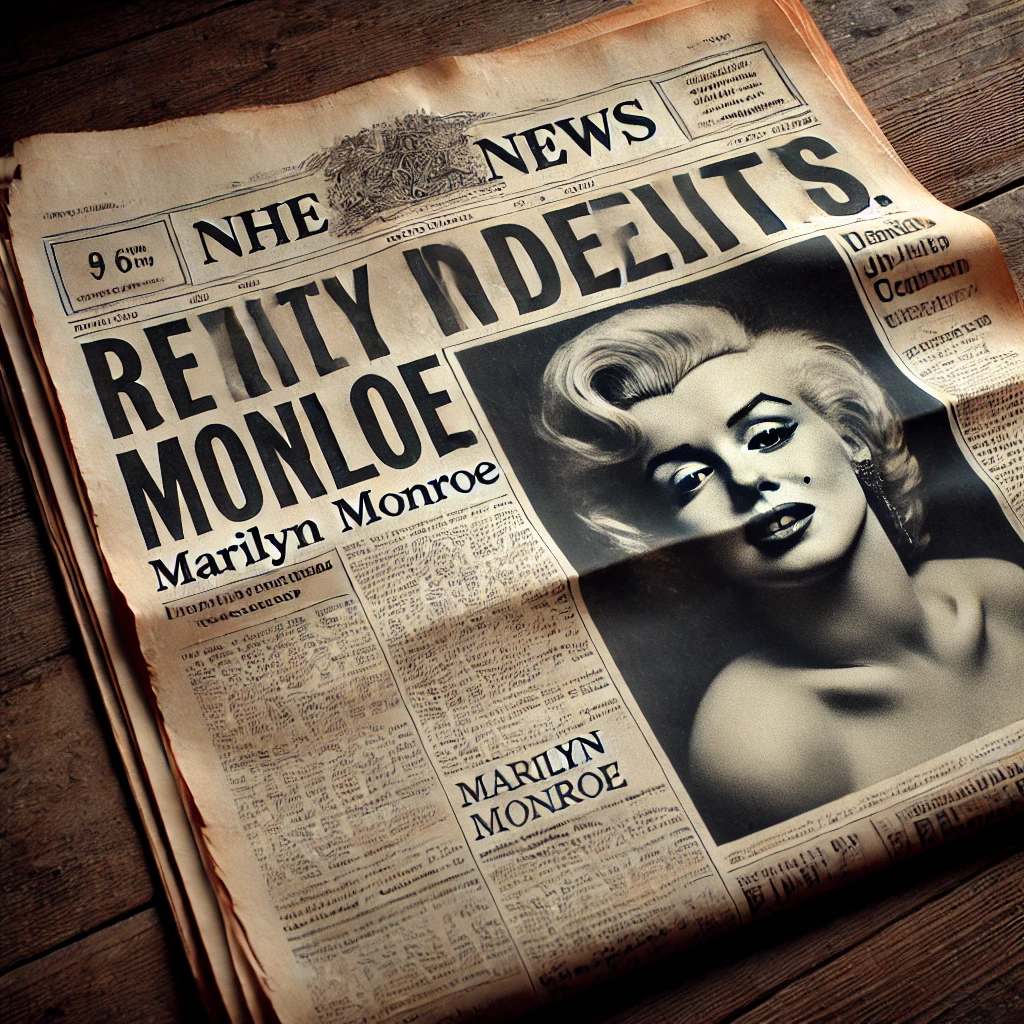
On August 5, 1962, Marilyn Monroe was found dead in her Los Angeles home at the age of 36. The discovery of her body marked the end of a tumultuous life for one of Hollywood’s most iconic and beloved stars. Monroe was found in her bedroom, and the official cause of death was ruled as […]
Switzerland Opens First Drive-Through Bank
On June 7, 1962, Switzerland introduced its first drive-through bank, a novel concept that provided motorists with the convenience of conducting banking transactions without leaving their cars. This innovation reflected a broader trend towards customer-centric services and efficiency in the banking industry. The drive-through bank model soon spread globally, becoming a standard feature in many […]
Wilt Chamberlain Scores 100 Points in a Single Basketball Game
Basketball history was made on March 2nd, 1962, when NBA legend Wilt Chamberlain scored an unprecedented 100 points in a single game while playing for the Philadelphia Warriors against the New York Knicks. Chamberlain’s record-setting performance remains one of the most iconic moments in sports history.
Cuban Missile Crisis: JFK Announces Blockade
During the Cuban Missile Crisis, a pivotal moment of the Cold War, U.S. President John F. Kennedy announced a naval blockade of Cuba in response to the discovery of Soviet missiles on the island. This event brought the world to the brink of nuclear war and highlighted the importance of diplomacy and international cooperation.
Cuban Missile Crisis Begins
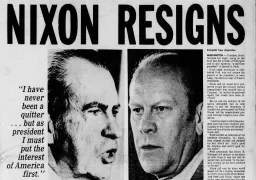
USAF U-2 reconnaissance pilot photographs Cubans installing Soviet-made missiles capable of carrying nuclear warheads.
